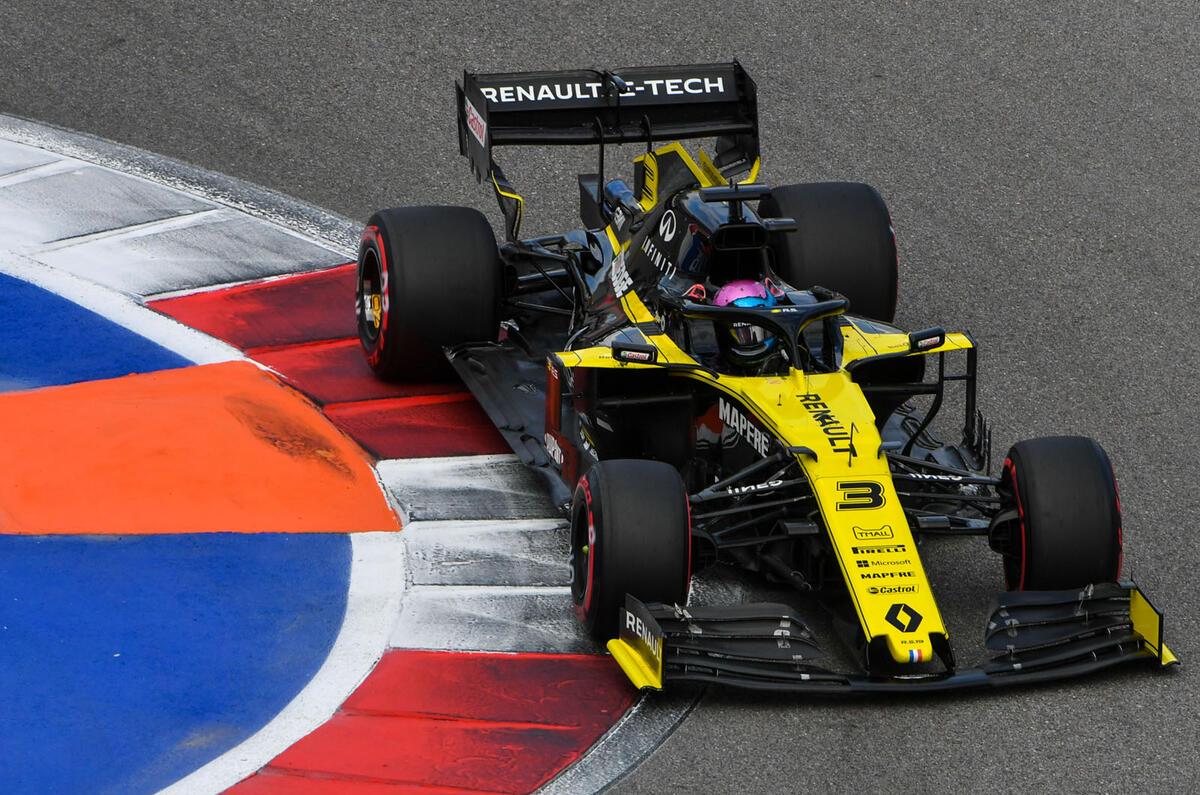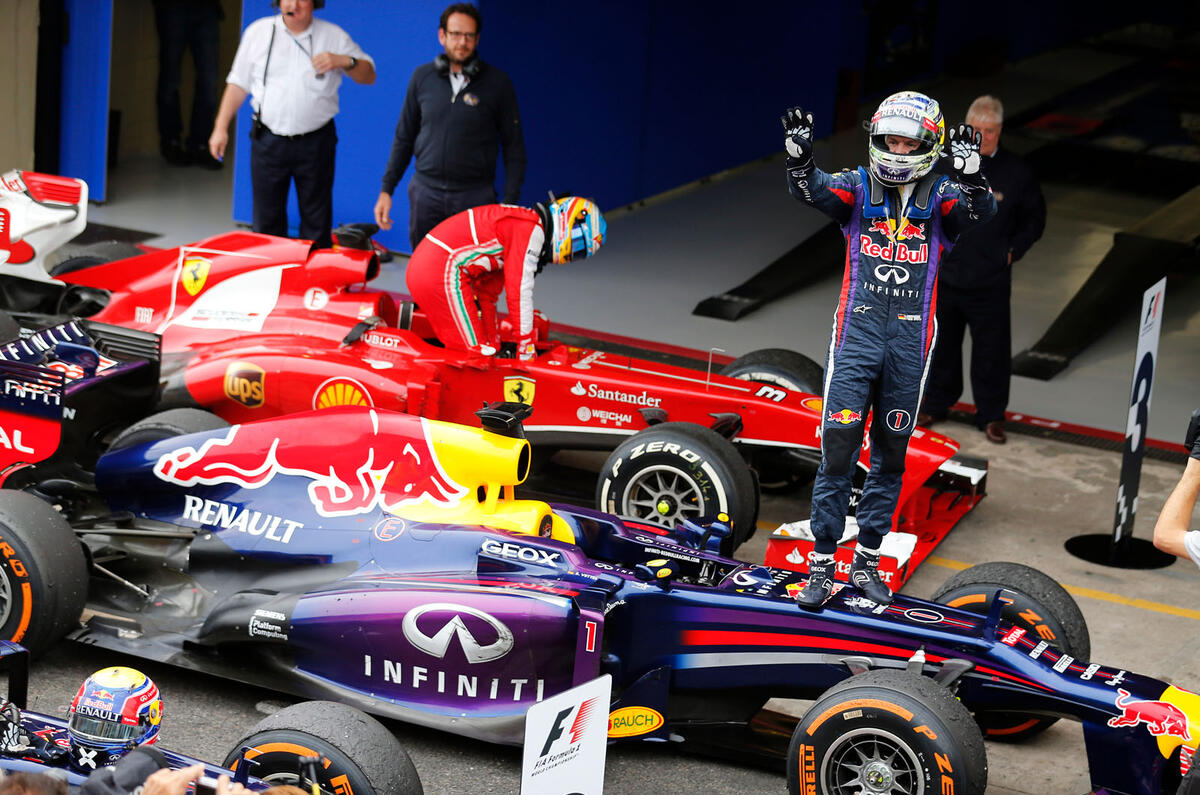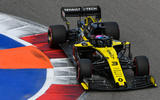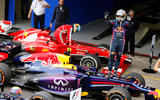What is happening to Renault in Formula 1?
Nearly five years into its return as a full-blown factory team, the French giant was supposed to be a world title contender by now. Instead, it languishes fifth in the constructors’ standings, one place lower than this time last year and far behind McLaren, a Renault customer which pays to use its hybrid engine – but not for much longer. At the Russian Grand Prix, the rejuvenated Woking team announced it will abandon Renault power in favour of Mercedes in 2021, leaving the works cars as lone representatives.
It’s all a long way from the glory days of powering Red Bull to four consecutive titles between 2010-13, never mind the twin crowns of Fernando Alonso in 2005-06. Renault has a rich history in F1 since the late 1970s, but that timeline is not continuous and includes periods as an engine supplier only. Such was the case with Red Bull, a partnership that was tense even at its height.
Renault never enjoyed the credit it deserved for those titles and also missed out on a cut of F1’s vast revenues. Lacking the clout of Mercedes and Ferrari, in 2015 it bought back the Enstone-based team it had previously sold and committed to becoming a true F1 force once again.
Progress was inevitably limited as Renault invested in a factory that had become outdated and a workforce that had lost some of its best talent. The surprise big-money signing of Daniel Ricciardo for 2019 signalled a step up in intent, but paying the seven-time grand prix winner north of £20 million a season has an impact on a team that spends in the region of 30- 40% less on F1 than its silver and red rivals, according to team principal Cyril Abiteboul. Nothing adds up.
Meanwhile, Mercedes protégé Esteban Ocon has been signed to replace the unremarkable Nico Hülkenberg for next year to further strengthen the attack. Then again, how good is Ocon? If he really is a future champion, why didn’t his manager Toto Wolff sign him to replace Valtteri Bottas at Mercedes? In the wake of Lewis Hamilton in 2007, and Max Verstappen and Charles Leclerc today, it cannot be Ocon’s age.
Renault’s best hopes rest with the much-vaunted (and late) new F1 regulations, due for introduction in 2021. In F1’s own version of Brexit, details should be clear by the end of October. Whatever their shape, Renault must avoid a repeat of its hybrid-era failures. Car executive boards have only so much patience for serial underachievement in motorsport.
READ MORE
How to fix Formula 1, according to Autocar
Formula 1 vs Le Mans: why GP racing is still the pinnacle
Daniel Ricciardo: one-on-one with F1 star ahead of British GP







Join the debate
Add your comment
.
The article has the wrong dates. The works team won't be the sole user of the Engine in 2020.
McLaren are not switching to Mercedes power until the 2021 Season.
I've got a soft spot for the
I've got a soft spot for the Renault team, I did a factory tour there 2 years ago. Yes, Enstone is outdated and was (is) in the middle of an MTC-style makeover but I was amazed with what I saw. The expertise, facilities and budget being spent just to be midfield was mind-boggling.
They had a very friendly and open workforce and got to see lots of the 2018 car being built-up, the dormant wind tunnel and Schumi's old Techno-gym bunker. A privilege to see it and amazing that all that only gets you to the midfield.
Not everyone can win but the areas open for designers to exploit are so tiny that whoever sorts the fundamentals early on after a big rule change can keep winning. Everyone else is doomed.